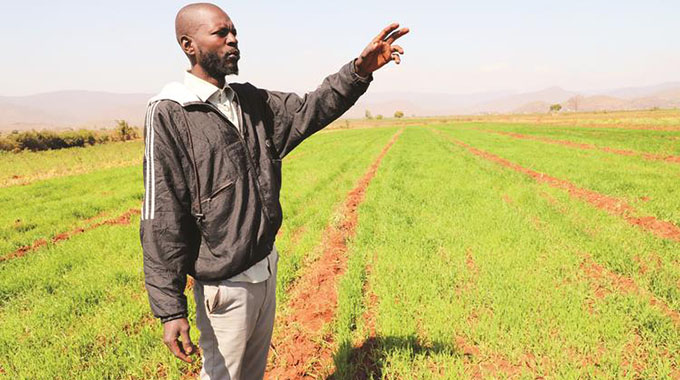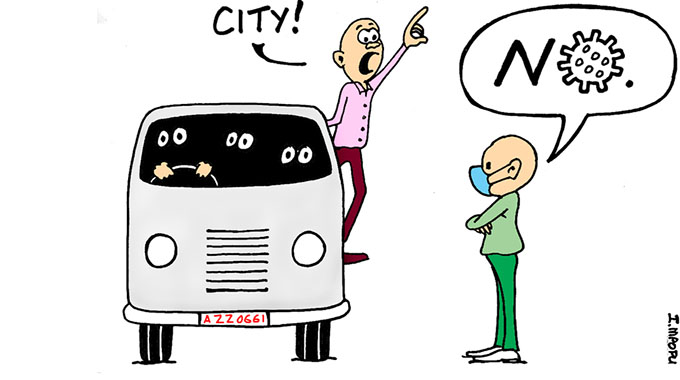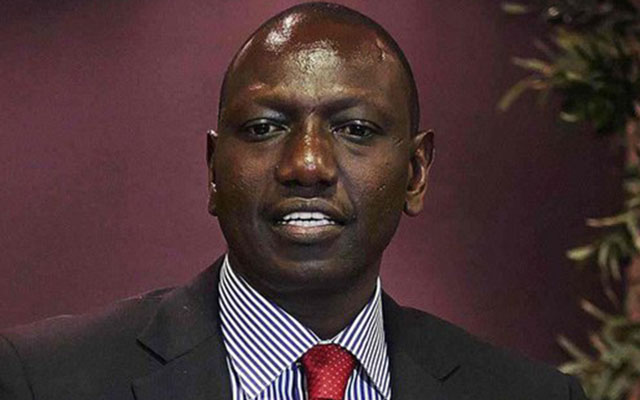Water diversion threat to winter wheat crop

Rumbidzayi Zinyuke
Manicaland Bureau
More than 240 hectares of winter wheat at Nyamaropa Irrigation Scheme in Nyanga is under threat after farmers outside the scheme diverted water from Murozi River.
The 500ha irrigation scheme gets its water from the river, which feeds into a weir that directs water into the fields.
However, upstream farming activities have reduced the flow of water into the canals, forcing farmers in the scheme to open the valves earlier than usual to allow more water into the scheme.
Nyamaropa Irrigation Scheme chairman Mr Michael Nyadome said water supply from the weir was already inadequate following the expansion of the irrigation scheme from about 300ha to 500ha.
“Initially, the dam was supposed to service about 300ha, but we have had an extension of the irrigation scheme over the years and the water source remained the same,” he said.
“Now that we have other farmers outside the scheme who are diverting water from the weir, we are getting less water. This year, we opened the gates on May 30 but in previous years, we usually opened them after August 20. We are now worried about the Command Wheat that we planted here because we still need more water for it to be successful.”
Zinwa had sent a team to assess the situation but they had not come back with a solution yet.
Another weir at Nyaruwaka could be used to complement water supply into the irrigation scheme if it was desilted and repaired.
Mr Jephat Mandisodza, another farmer at the scheme, said the farmers taking water upstream should use it sustainably to avoid inconveniencing those downstream.
“Their pipes take too much water and when they finish watering their crops, they leave the pipes connected instead of disconnecting them to allow water to flow downstream,” he said.
“This means we are losing so much water every day from that side. We are afraid that we will not get a good crop because the water supply has depleted but our crop still needs water.”
Mr Prince Hondo said although they had received enough inputs for the winter wheat programme, there was need for proper use of water upstream to protect the crop.
“We are not saying other farmers should not use the water from the river bu what they are doing now is not sustainable. This crop would be good if we get enough water,” he said.
Besides the water challenges, the scheme has also been faced with the challenge of old equipment that is also affecting production. Mr Nyadome said there was need to renovate the equipment and install siphons to ensure that farmers maximise production.
“We had initiated a programme to purchase siphons where farmers at bloc level pooled resources, but we were affected by the national lockdown,” he said.
“What has been happening is that the canals are not properly aligned with the field so when the farmer realises that the water is not properly spilling into the field they destroy the canal and let water flow in and then create an earth canal to distribute water into their field. If we do not have siphons, we cannot repair the canals for better water management because we will continue to have farmers destroying them.”









Comments